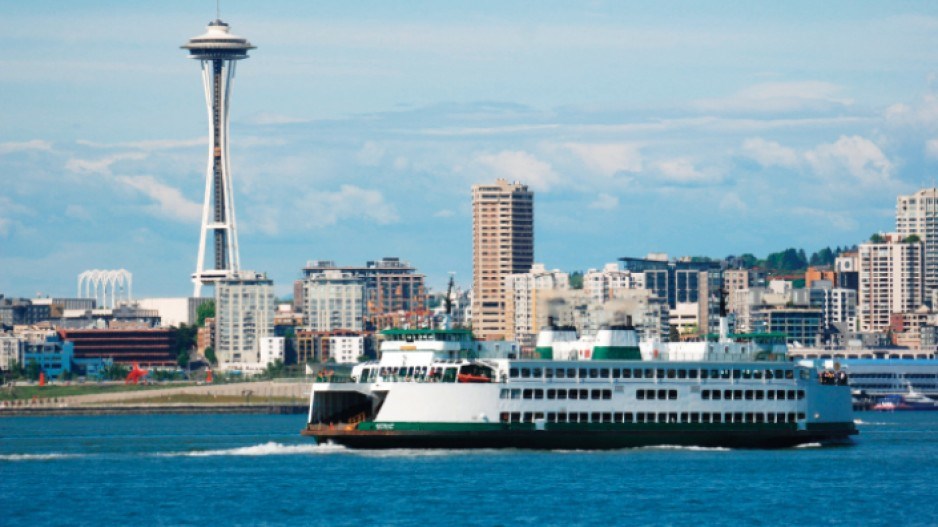The technology sectors in Portland, Seattle and Vancouver are a lot like Major League Soccer (MLS), according to Skip Newberry.
“When MLS was expanding, they looked at it as a region that had some interesting rivalries, some geographic proximity and the ability for fans to travel from one city to the other without a lot of difficulty,” the president of the Technology Association of Oregon (TAO) said.
“And I think the same could be said for the evolving tech communities in each of the three areas.”
The main difference is that Newberry, as well as other tech leaders and investors in the three biggest cities nestled along the Cascade Range, is pushing for collaboration over rivalry.
Newberry and his counterparts at the BC Technology Industry Association (BCTIA) and Washington Technology Industry Association have been brainstorming partnership ideas ranging from a regional marketing identity to a “Cascade Passport.”
The passport would allow, for instance, a BCTIA member wanting to attend a TAO event in Portland to be recognized as a TAO member, and vice versa.
This collaborative strategy seems logical to Chris DeVore, a Seattle-based angel investor.
“Silicon Valley is the undisputed champion of innovation globally. And every other region or city is a secondary market,” said DeVore, who has invested in companies in B.C., Oregon and Washington state through his Founder's Co-op seed-stage investment fund.
“[Seattle, Portland and Vancouver] have more mutual benefits to be gained by finding ways to create, essentially, a denser environment … than by competing against one another with Silicon Valley.”
While efforts to collaborate regionally have been mostly ad hoc, the movement has been gaining momentum, and Seattle even played host to the Cascadia IT14 tech conference in March and the Cascadia Showcase during Startup Week last October.
Charlyne Fothergill, program director at Vancouver-based startup accelerator GrowLab, brought a group of entrepreneurs to the October conference to meet investors from Seattle and Portland.
“Those formal relationships and these kinds of events are a good next step,” she said.
“It [Cascadian collaboration] is beyond the ‘idea point.'”
One of the formal measures that Troy DeFrank, a trade commissioner based at the Canadian consulate in Seattle, has been pushing for is the creation of a “Cascadia desk.”
Canadian startup founders would be able to set up a home base at a business incubator in Seattle, allowing them to build connections, raise funds and get access to mentors across the border.
“A lot of these companies find value in just talking with other startups and building their network south of the border,” DeFrank said in an email. “That's what a lot of Cascadia is all about.”
“You also see Seattle area companies looking to take advantage of the world-class talent that exists in Canada, along with attractive federal and provincial R&D incentives, lower business costs and access to a big, global marketplace.”




